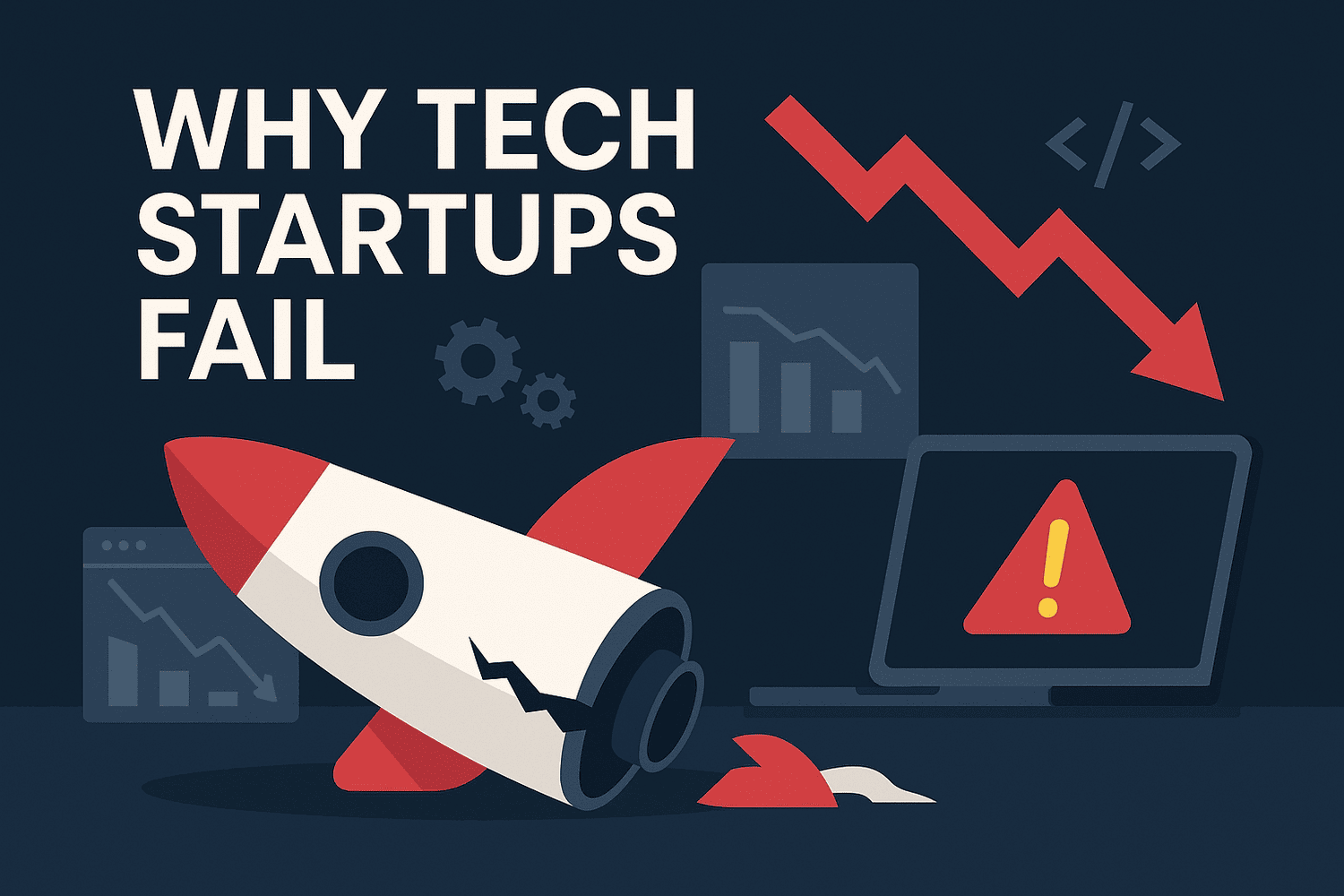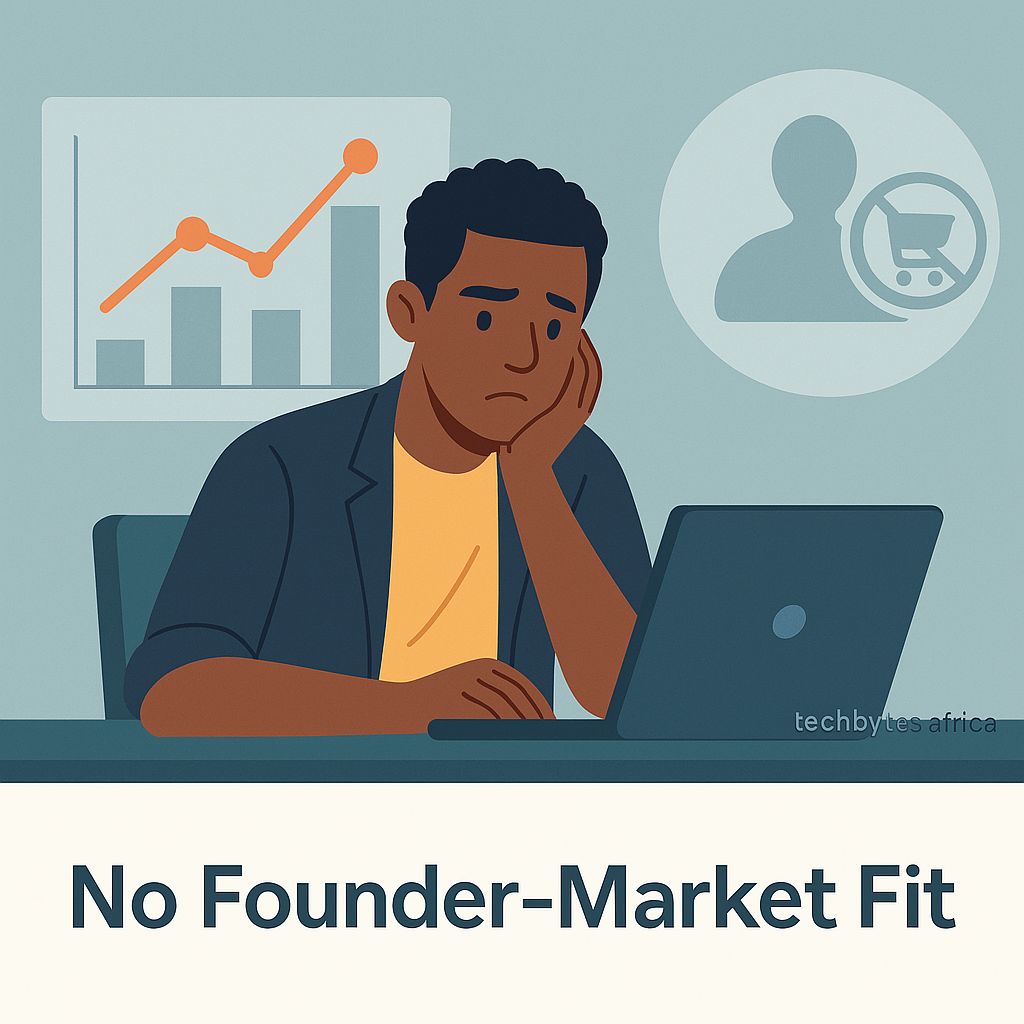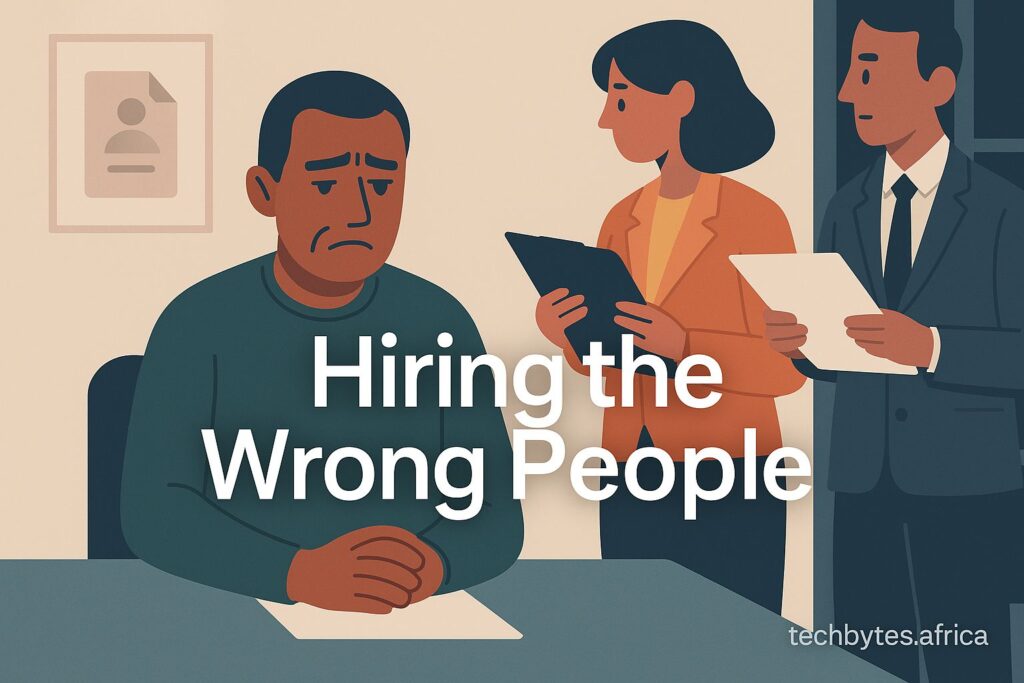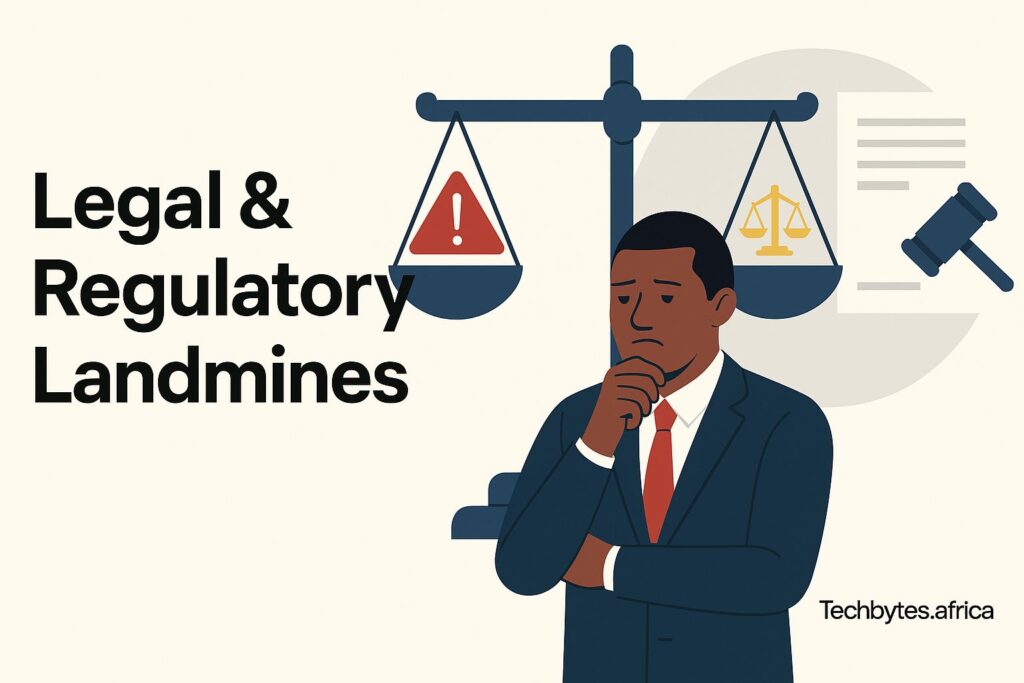Overview
The startup world loves to glamorize success. Unicorns, billion-dollar exits, all-night coding sessions that end in IPOs. But beneath the glossy LinkedIn posts and flashy pitch decks lies a harder truth: most tech startups fail. It’s not news. Not just a few. Not occasionally. The majority. The numbers are brutal: over 90% don’t make it. And the reasons are deeper than just “ran out of money.”
Under the usual surface-level postmortems lies a tangled web of human flaws, flawed systems, misaligned incentives, and silent pressures. This isn’t just a list of startup sins; it’s a map of the terrain where ambition collides with reality.This piece explores the real, raw reasons tech startups fall apart—from market realities and founder psychology to systemic pressures in the startup ecosystem. It’s not a checklist. It’s a wake-up call.
1. No One Actually Needs It
This is the big one. The silent killer. Startups often fall in love with the solution before fully understanding the problem. Founders build impressive tech, obsess over features, and invest months (or years) in development—only to discover no one cares. The cardinal sin. You built something nobody actually wants. As Marc Andreessen put it, “Market matters most. And neither a stellar team nor a fantastic product will redeem a bad market.”
“A product without a problem is just a project. “
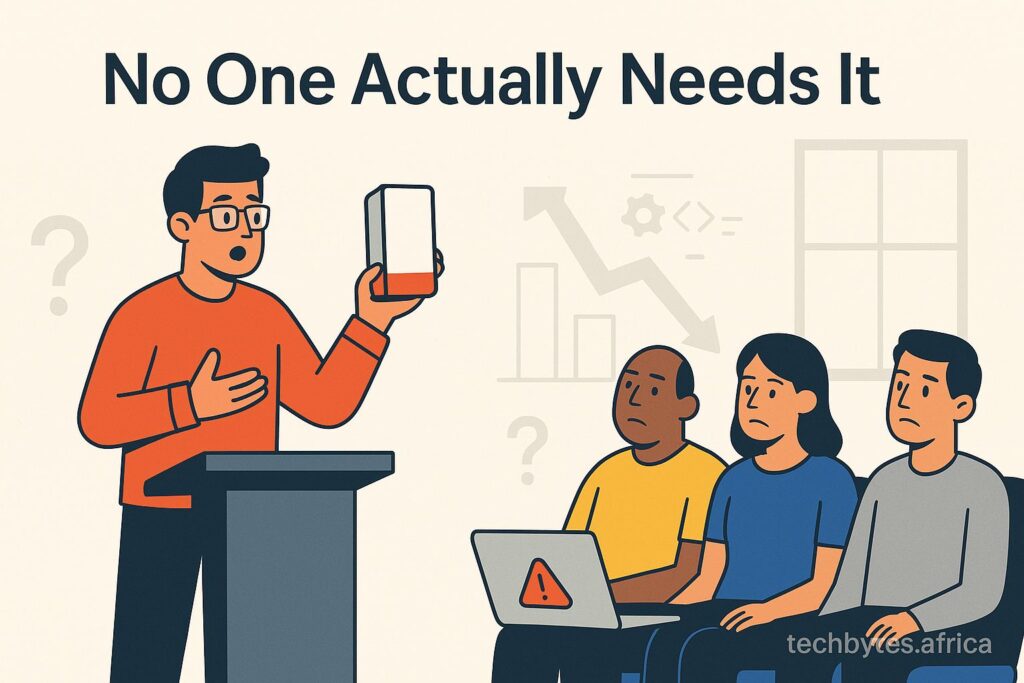
Just because something can be built doesn’t mean it should be. Without true market demand, you’re not building a business—you’re building a museum exhibit.
2. The Money Dried Up
Obvious, but still worth unpacking. Startups bleed cash. And if you don’t have a clear path to revenue—or at least a compelling growth story for investors—you’ll eventually hit a wall. Some founders burn through their runway optimizing for vanity metrics or scale too early without locking in product-market fit.
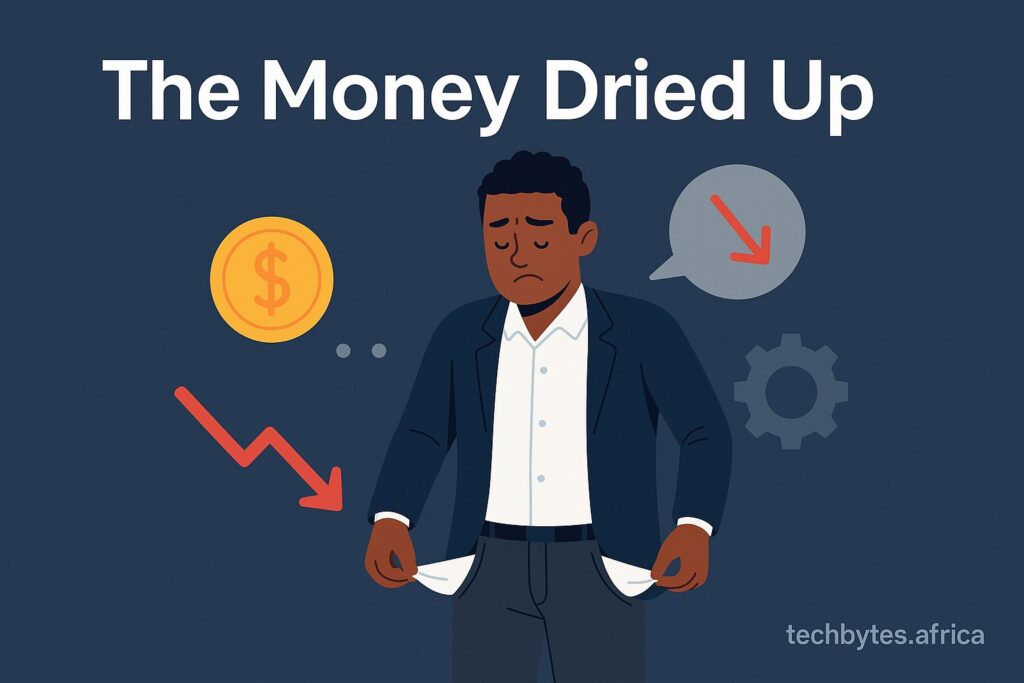
But sometimes, it’s just bad timing. A deal falls through. The economy tanks. Luck, or the lack of it.
“Startups often die of indigestion, not starvation. They raise money and burn it fast, hoping to figure things out before the cash runs dry.”
3. Founder Drama & Burnout
We talk a lot about technical cofounders, visionaries, hustle. What we don’t talk about enough is how often startups implode from the inside. Personality clashes, misaligned values, ego trips, or just plain exhaustion can derail everything.
Running a startup is emotionally brutal. Mental health breaks? Rare. Imposter syndrome? Common. Burnout isn’t just a health issue—it’s a business risk.
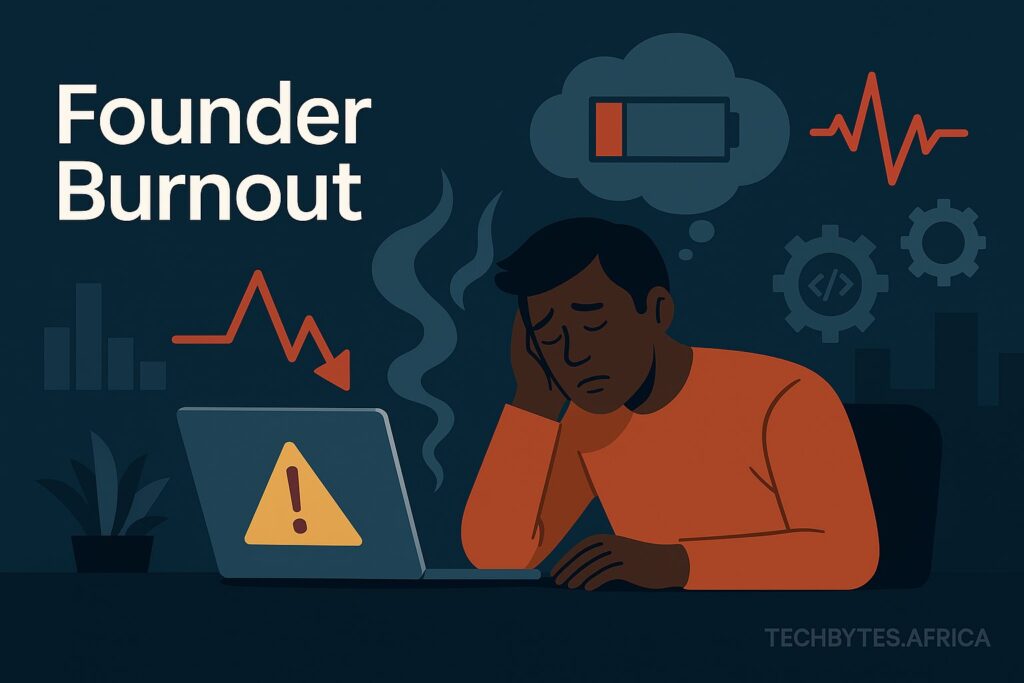
Many startups don’t fail because the idea was bad. They fail because the founder couldn’t evolve. A founder who won’t evolve becomes the bottleneck. They micromanage, mis-hire, mis-prioritize.
“A founder who can’t say ‘I don’t know’ is building on sand.”
Confidence sells. But unchecked ego blinds. Constant context switching, endless decision fatigue, and emotional rollercoasters. Founder burnout is real, and most suffer in silence. Paul Graham once said, “Startup founders need to be relentlessly resourceful.” But resourcefulness also means being introspective enough to change yourself as fast as the company changes.
4. No Founder-Market Fit
Just like product-market fit, there’s founder-market fit: does the founder deeply understand and care about the space? Are they solving a problem they’ve lived, not just observed? Founders often obsess over the tech stack, brand design, or scalability when they haven’t even found ten customers who care. The myth of the “perfect launch” delays real feedback.
5. The Silicon Valley Playbook Doesn’t Fit Everyone
Not every startup should raise Venture Capital. Not every idea should scale fast. But the dominant startup narrative pushes one path – the Silicon Valley playbook: raise, scale, exit. And a lot of great ideas die trying to fit that mold. Startups die chasing the wrong god.
![]()
Many startups would be better off as calm, profitable businesses. But try pitching that to a seed-stage investor. The system doesn’t reward sustainability—it rewards spectacle.
“The startup ecosystem often turns builders into performers.”
6. Shiny Object Syndrome
Founders get distracted. New feature ideas, emerging tech, competitor moves, side projects. Instead of doubling down on what’s working, they chase the next big thing—and spread themselves thin. Many die trying to become unicorns when they could’ve thrived as zebras.
“Discipline scales. Hype doesn’t.”
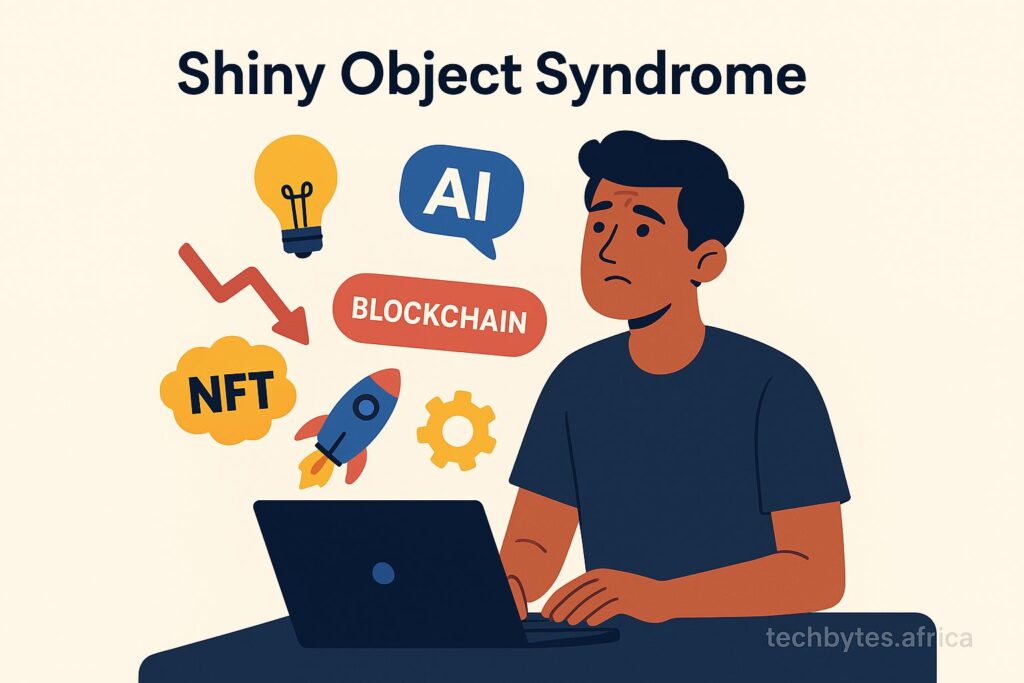
Chasing hot trends—AI, crypto, Web3, whatever’s buzzing—is tempting. Everyone wants in. But without deep understanding or obsession with the problem, these are just lottery tickets – it’s easy to get outflanked by someone who actually knows the terrain.
7. Hiring the Wrong People
Hiring friends. Hiring fast. Hiring without a culture or clear roles. All dangerous. A misaligned team, with skills mismatches, poor communication, or just not enough grit, will sink you faster than a flawed product. Startups are high-pressure, high-speed environments. There is no room for passengers. You need missionaries, not mercenaries. People who can take ownership, adapt quickly, and collaborate under pressure. When that’s missing, small problems compound — communication breaks down, resentment builds, and trust erodes.
“The wrong hire won’t just cost you money — they cost you momentum, morale, and mindshare.”
Worse still is when founders can’t delegate or trust their hires. If every decision has to pass through one bottleneck, even great people will feel handcuffed. And eventually, they’ll leave. Hiring is not about finding the smartest person in the room. It’s about finding the person who makes the room smarter.
8. Avoiding the Boring Stuff
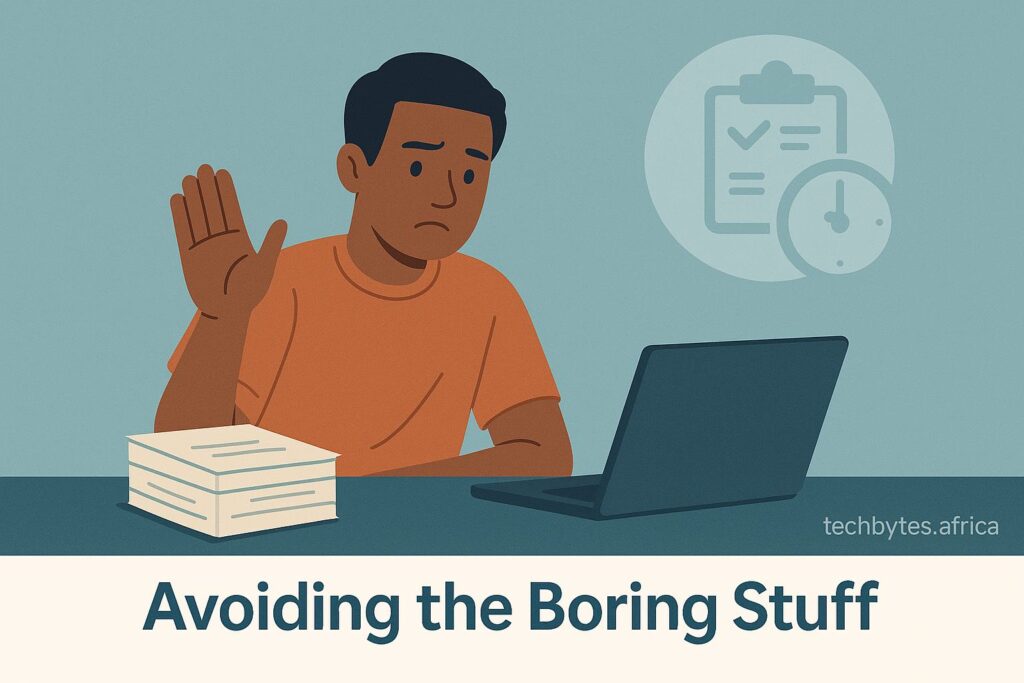
Founders love building product — not dealing with legal, HR, compliance, or taxes. But ignoring these “unsexy” tasks is like skipping oil changes and wondering why the engine fails. Startups that treat operations as an afterthought often pay for it later — in fines, lawsuits, or full-on shutdowns.
“The business behind the business is what keeps it alive.”
Handle the boring stuff early — or it’ll handle you later.
9. Fake Learning, Real Consequences
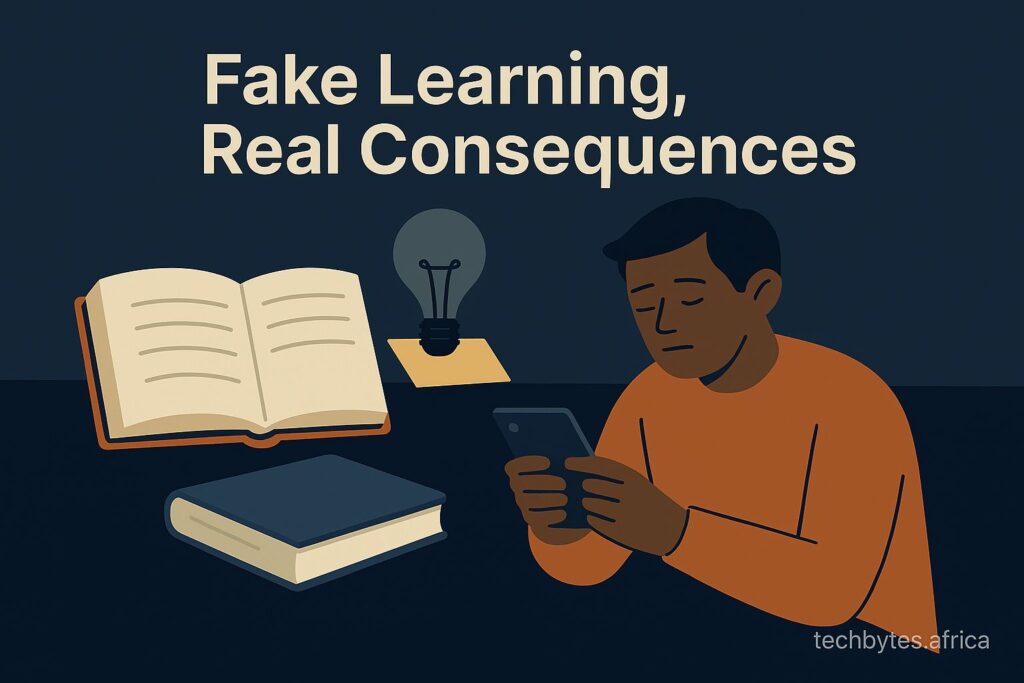
Most founders binge on startup literature, online courses, podcasts, following influencers and attending webinars but never put any of it into practice. A lot of founders use learning as a form of procrastination. Knowledge without application is just another way to fail. Action is the only teacher that sticks.
“Learning feels productive. But without output, it’s intellectual entertainment.”
10. Timing, Luck, and the Uncontrollable
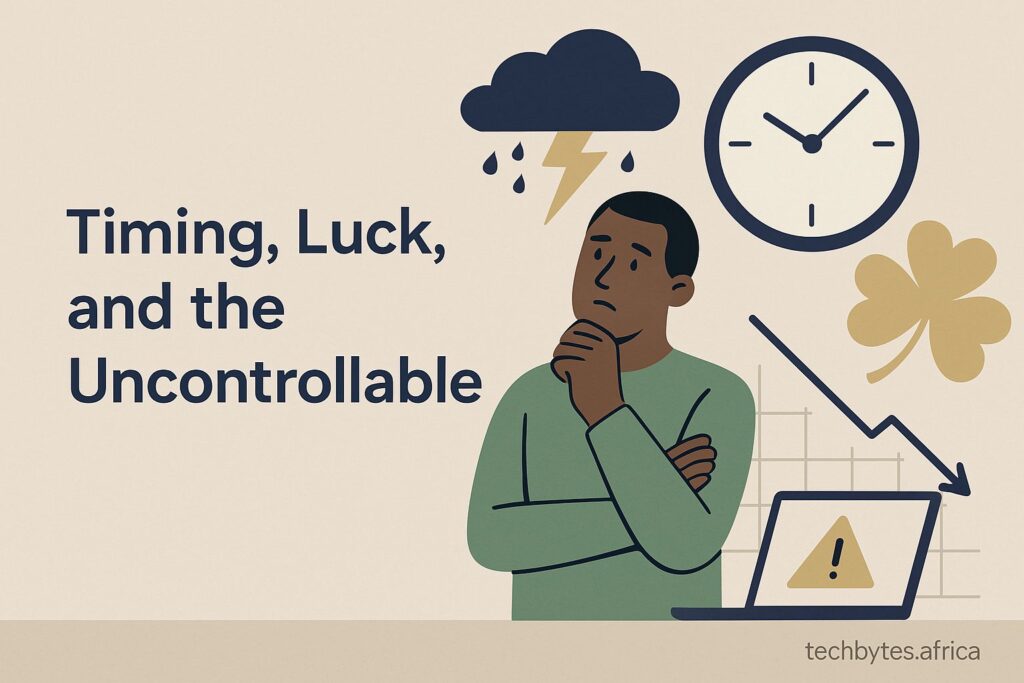
Sometimes, it’s none of the above. You were early. Or late. A pandemic hit. A bigger player copied you. An investor ghosted you. Timing and luck play a bigger role than we like to admit.
“Some startups fail because someone, somewhere, made a completely unrelated bad decision.”
The Invisible Killers
Toxic Culture
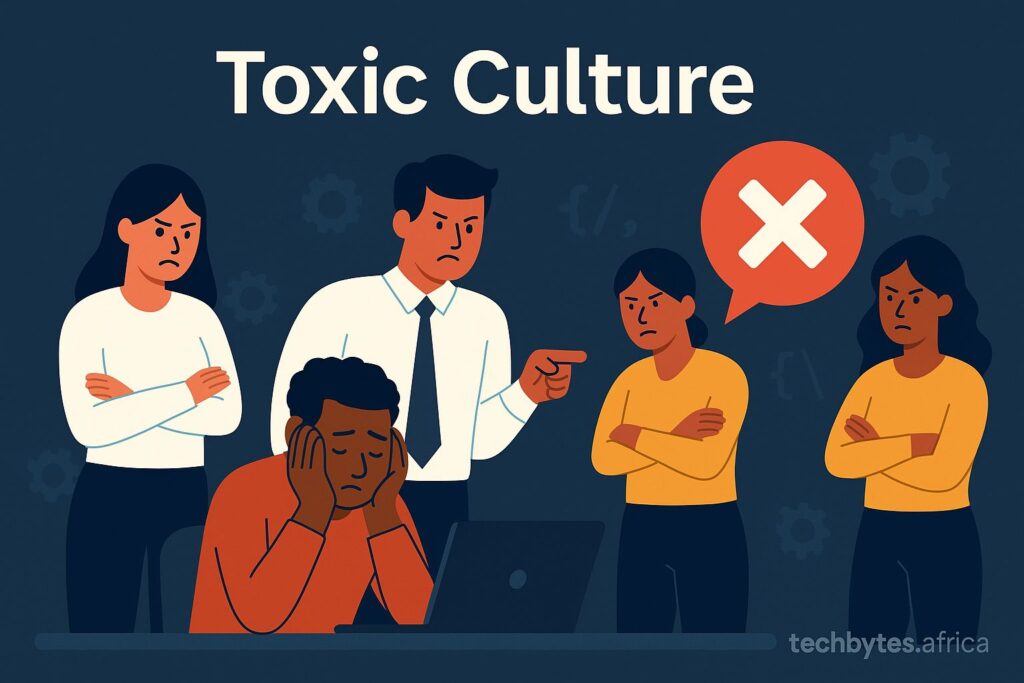
It doesn’t take a scandal to kill a startup. Sometimes, it’s just a steady erosion of morale. When employees don’t feel safe to speak up, when praise is scarce but pressure is high, when values are written on walls but not lived—people leave. Or worse, they stay and disengage.
“Culture is not what you say, it’s what you tolerate.”
Startups that ignore culture usually don’t get a second chance to fix it. The ‘hustle culture’ without empathy often leads to good people quitting when the environment turns corrosive.
Poor Time Management
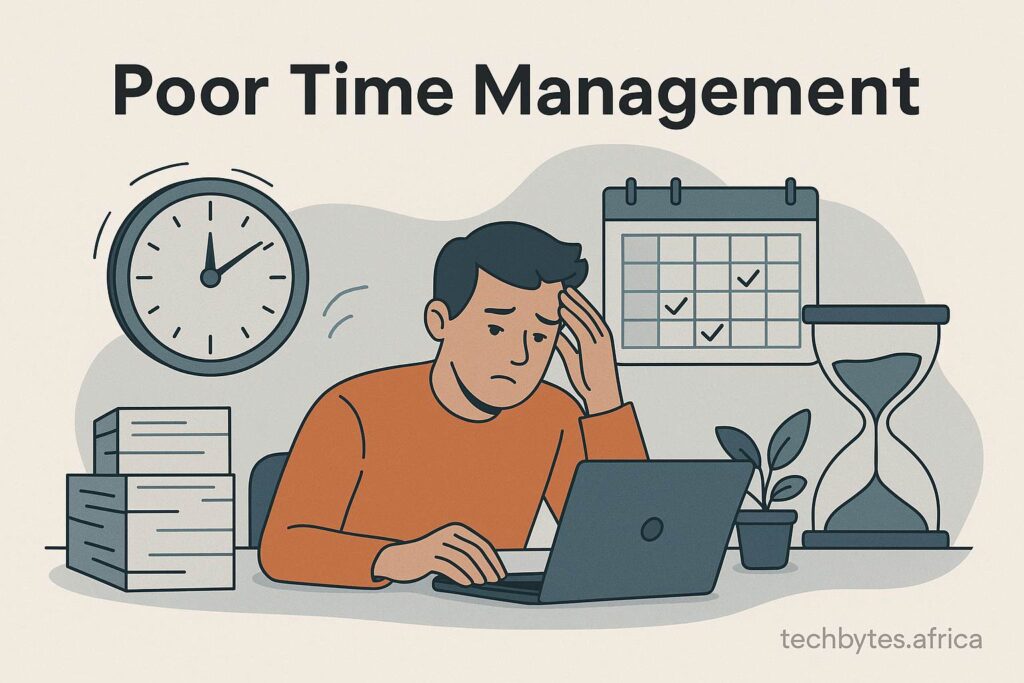
Founders wear 15 hats. But if they spend time on the wrong things—features no one asked for, networking events with zero ROI, or meetings that go nowhere—they burn energy without momentum. The real enemy is not lack of time, but misplaced focus.
“Every minute you spend building the wrong thing is a minute your competitor is talking to your user.”
Legal & Regulatory Landmines
Regulation is the slow-moving train no one sees until it hits them. Especially in fintech, healthtech, or global logistics, one missed permit or compliance error can freeze your operations. Founders who treat legal as an afterthought often pay the price in lost momentum—or lawsuits.
Bad Business Models
Sometimes, it all looks good—great product, happy users, growing demand. But if the unit economics don’t work, you’re just scaling your losses. Some models are fundamentally flawed: low margins, high Customer Acquisition Cost (CAC), or no pricing power. In the end, even the best vision can’t survive bad math.
“If your business only works at massive scale, you don’t have a business – you have a theory.”

The Final Word
Startup failure isn’t always about poor execution. It’s often about misalignment—between product and market, founder and mission, expectations and reality. The best founders are self-aware, obsessed with the problem, allergic to fluff, and resilient as hell.
If you’re building something, question everything. Your idea. Your assumptions. Even your role in it. That kind of honesty won’t guarantee success—but it might just save you from the slow, quiet kind of failure no one posts about.
“The opposite of startup failure isn’t success. It’s clarity.”
_______________________________
This is an opinion article by Willard Muzaeni
 then 'Add to home screen'
then 'Add to home screen' then 'Add to home screen'
then 'Add to home screen'
